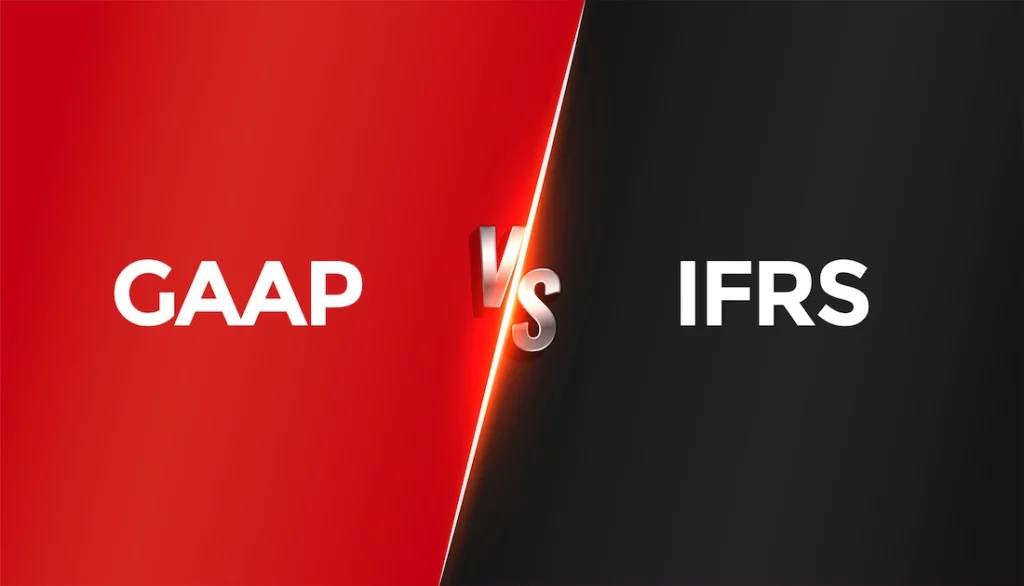Difference between GAAP and IFRS

GAAP (Generally Accepted Accounting Principles) and IFRS (International Financial Reporting Standards) are two sets of accounting standards that are used to guide the preparation of financial statements. While both sets of standards aim to ensure the transparency and reliability of financial reporting, there are some key differences between GAAP and IFRS.
One of the main differences between GAAP and IFRS is the level of detail and guidance provided. GAAP is a set of detailed guidelines that cover a wide range of topics, including the recognition of revenue, the measurement of assets and liabilities, and the presentation of financial statements. In contrast, IFRS is a more principles-based set of standards that provides less guidance and leaves more room for interpretation.
Another key difference between GAAP and IFRS is the treatment of research and development (R&D) expenses. Under GAAP, R&D expenses are expensed as incurred and are not capitalized. This means that they are recorded as an expense in the period in which they are incurred, which can have a significant impact on a company’s profitability. Under IFRS, R&D expenses can be capitalized if certain criteria are met, such as the technical feasibility of completing the development and the intention to complete and sell the asset.
A third difference between GAAP and IFRS is the treatment of intangible assets. Under GAAP, intangible assets are divided into two categories: finite-lived intangible assets and indefinite-lived intangible assets. Finite-lived intangible assets, such as patents and trademarks, are amortized over their useful lives, while indefinite-lived intangible assets, such as goodwill, are tested for impairment on an annual basis. Under IFRS, intangible assets are not divided into these two categories and are instead amortized over their useful lives, unless they have an indefinite useful life in which case they are not amortized.
For software companies, these differences between GAAP and IFRS can have a significant impact on their financial statements. For example, a software company that follows GAAP may record R&D expenses as they are incurred, while a software company that follows IFRS may be able to capitalize some of these expenses if certain criteria are met. Similarly, a software company that follows GAAP may amortize finite-lived intangible assets, such as software licenses, over their useful lives, while a software company that follows IFRS may not need to do so.
Mistakes to Avoid
- Don’t assume that GAAP and IFRS are interchangeable. While there are some similarities between the two sets of standards, there are also significant differences that can impact the financial statements of a software company.
- Don’t neglect to consider the specific requirements of GAAP or IFRS when preparing financial statements. It is important to follow the appropriate guidance and principles when recognizing revenue, measuring assets and liabilities, and presenting financial statements.
- Don’t forget to review and update your accounting policies and procedures as necessary to ensure compliance with GAAP or IFRS. This can help to avoid errors and ensure that your financial statements are reliable and transparent.


